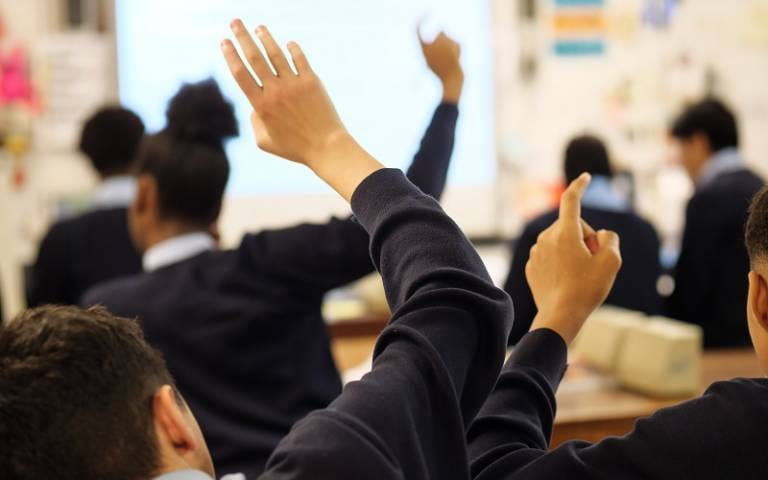Does the UK really have the best maternity rights in the world?
By Blog Editor, IOE Digital, on 8 March 2023

Credit: Keira Burton via Pexels.
8 March 2023
In a recent BBC Radio 4 debate, the Right Honourable Jacob Rees-Mogg MP claimed that the UK has the best maternity rights in the world. The programme was aired on the 31st January, to debate the third anniversary of Brexit. In it, he also assured the audience that rescinding EU employment regulations would have no detrimental impact on British working parents – and that in comparison to our European neighbours we in the UK already benefit from exceptional maternity rights, with laws originating from the UK itself.
In fact, Jacob Rees-Mogg’s claim of world-leading maternity rights for Britain is an odd statement and contrary to international evidence. (more…)
 Close
Close









